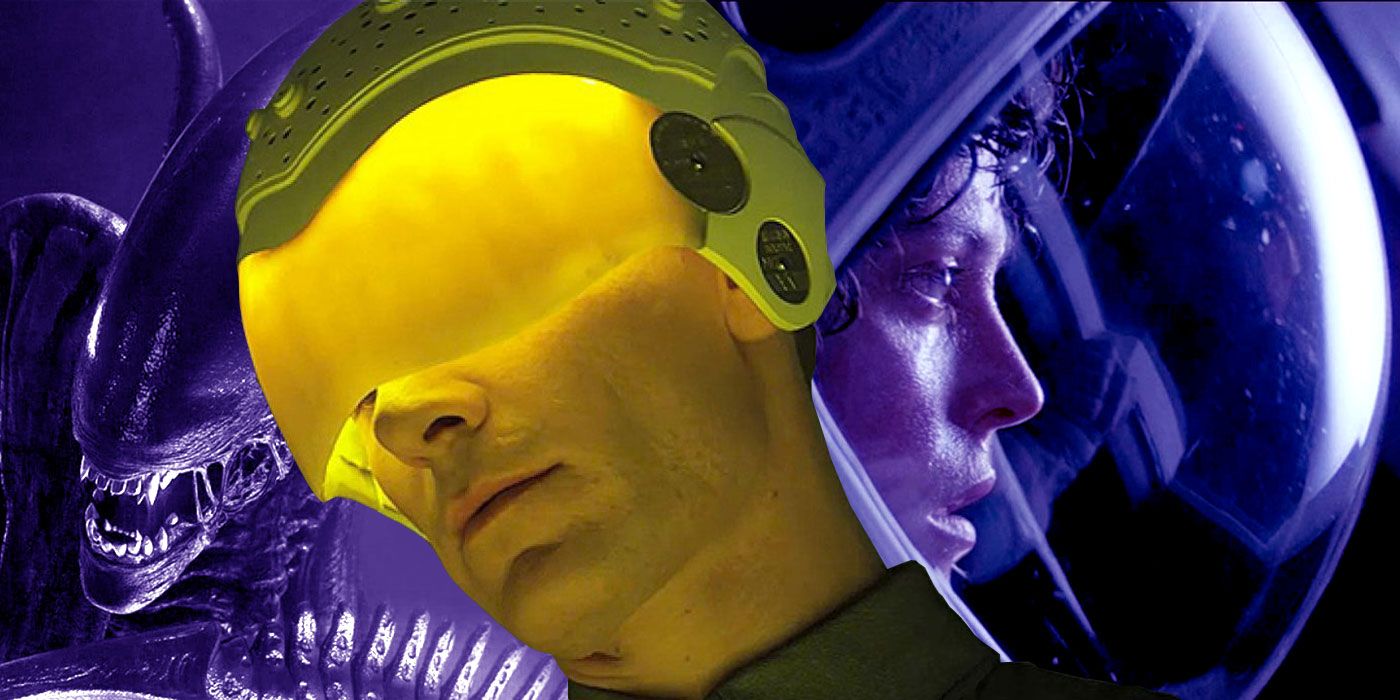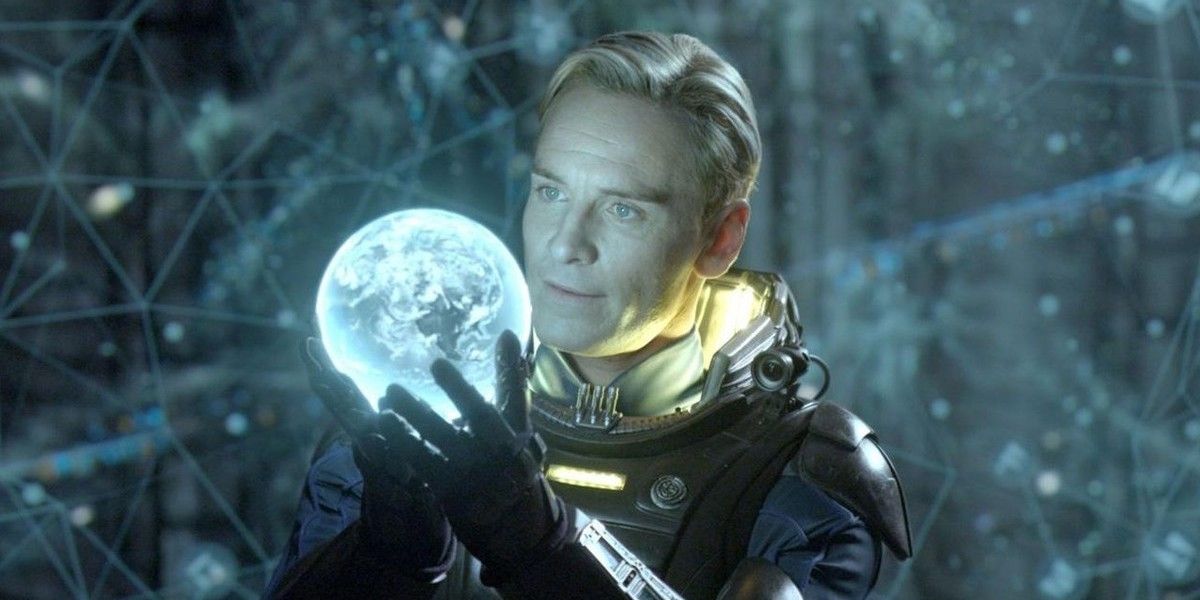FX's upcoming Alien TV series is set to have a strong focus on the future of humanity here on Earth, and the show can incorporate Ridley Scott's plans involving artificial intelligence. Showrunner Noah Hawley has given some hints that the series will take on a cyberpunk edge reminiscent of Altered Carbon, mentioning how it may involve ideas like immortality, cyborg enhancements, and mind downloads, building on concepts from the movies, like the dream visor from Prometheus. This promises to mesh well with Scott’s vision for future movies in the Alien franchise to put greater emphasis on AI.
Alien, directed by Scott and released in 1979, merged the sci-fi and horror genres to give one of the most science fiction movies ever made. Riding the success of Star Wars, Scott was granted a large budget for Alien, leading to one of the most iconic and influential franchises of the 20th century. The xenomorph creature (the movie's titular alien) has captivated audiences for decades, leading a single movie to hatch into a saga, spawning three sequels, two prequels, a pair of non-canon crossover movies, and a whole galaxy of graphic novels, and video games. Unfortunately, the third and fourth movies in the core Alien saga are widely considered to be poor additions to the story's world and, despite being promised for years, an Alien 5 movie still hasn’t been made. However, an announcement in late 2021 has promised to breathe life back into the old franchise with a TV series.
The true villains of the Alien movies have always been the corporate bureaucrats quietly pulling strings behind the scenes, specifically the shadowy Weyland-Yutani Corporation. With the Alien TV series being set on Earth, Hawley intends to introduce their corporate competitors into the picture. With Weyland-Yutani being so invested in AI, Hawley noted in a recent interview, “What if there are other companies trying to look at immortality in a different way, with cyborg enhancements or transhuman downloads? Which of those technologies is going to win?” (via Esquire). Building on technological concepts introduced in the movies, this new direction for the franchise feels similar to ideas explored by movies like the Blade Runner movies or the Ghost in the Shell anime and manga, promising to add a whole new dimension to the Alien mythos while pulling the stories in a direction that fits Ridley Scott's original plans.
Scott’s intent for the next movie in the Alien saga was to focus more on artificial intelligence than on Alien's xenomorph creatures. Looking back over the existing movies, it’s easy to see this progression. After the haywire android in the original Alien, inspired by Hal from 2001: A Space Odyssey, androids have featured prominently, both as heroes and villains. The prequel movies, Prometheus and Alien: Covenant, put such a heavy focus on the rogue android David that it's easy to argue that he's actually the villainous protagonist of those stories. They carry strong themes of life, how life is created, and the place of humanity amongst it all. Hawley’s plans for the Alien TV show are set to not only continue this theme, with his comments suggesting the story may even blur the line between who's human and who's an “artificial person,” like Bishop from Aliens.
Where several entries in the Alien franchise have been focused on guns and action, the exploration of humanity’s technological future puts Noah Hawley’s Alien TV show firmly back in the realm of science fiction, asking deep questions like how humanity might survive into the future, and whether or not it even deserves to. These questions are likely to have complex answers, and the longer run time of a TV series is the perfect place for Alien to explore them in the detail they've long deserved.


